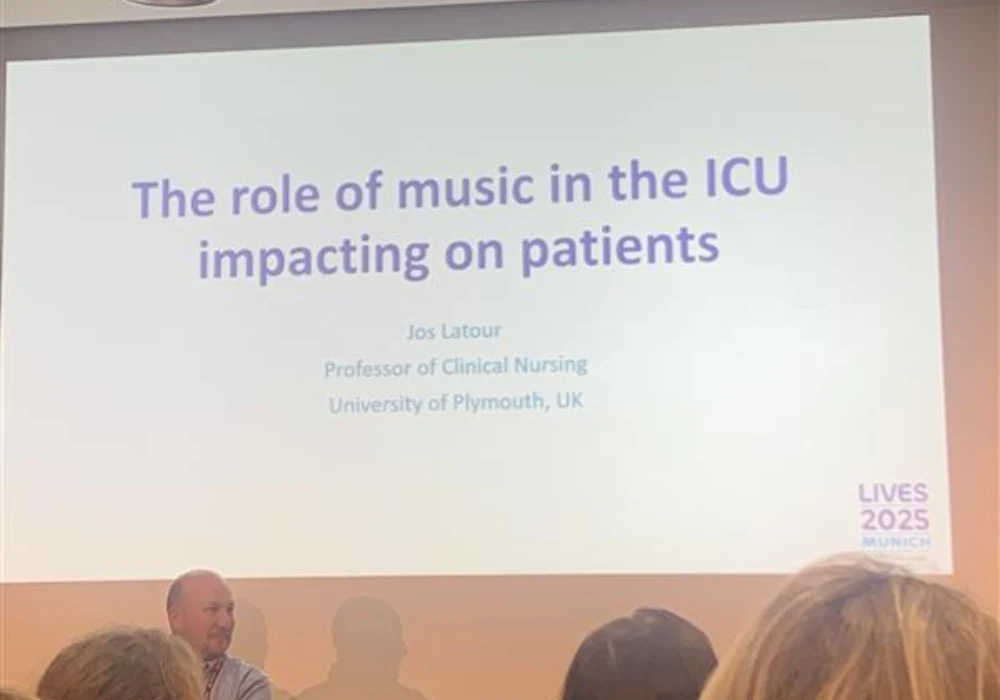The intensive care unit environment presents a paradox: while advanced monitoring technology is essential for patient care, the resulting noise pollution may harm the very patients it aims to protect. Two complementary approaches are emerging to address this challenge: therapeutic music interventions and innovative alarm management strategies that promise to transform the ICU soundscape.
Professor Jos Latour, a clinical nursing professor at the University of Plymouth with 45 years of practice experience, examined the growing body of evidence supporting music interventions in ICU settings. The benefits are substantial and well-documented: music reduces anxiety, pain, agitation, sedation needs, and even delirium. Physiological improvements include lower heart rates and blood pressure, with multiple randomised studies demonstrating these effects.
A significant challenge in music intervention research is the wide variation in approaches. Studies encompass everything from live music to personal playlists, headphones, and even lullabies in paediatric units. This diversity makes it difficult to establish standardised protocols or determine optimal dosing of music therapy.
One of the most compelling aspects of music intervention is its cultural specificity. Research from Egypt examined the effects of listening to Quran recitation in ICU patients, an intervention that has never been previously considered. The Egyptian study, conducted in three trauma ICUs at Mansour University Hospital, involved 60 patients who received headphones with MP3 players for one session of Surah Al-Baqarah, the second and longest chapter of the Quran. Results showed significantly improved respiratory rates and neurological functions, including pupil size and reaction, compared to control groups.
This finding highlights the importance of considering patients' cultural and religious backgrounds when implementing music interventions. Healthcare providers should engage family members in discussions about culturally appropriate audio content for their loved ones.
A pilot study on mechanically ventilated patients demonstrated the practical application of music therapy. Using a dosage of 16 minutes, three times daily, researchers measured comfort behaviour scales before and after interventions. The intervention group showed significant decreases in pain scores compared to controls who received standard care without music.
Latour emphasised the simplicity and cost-effectiveness of music interventions. Let the music play because there is no barrier or harm with the music intervention. The primary caution involves ensuring appropriate volume levels to prevent potential hearing damage, a preventable medical error.
Source & Image Credit: ESICM LIVES 2025









